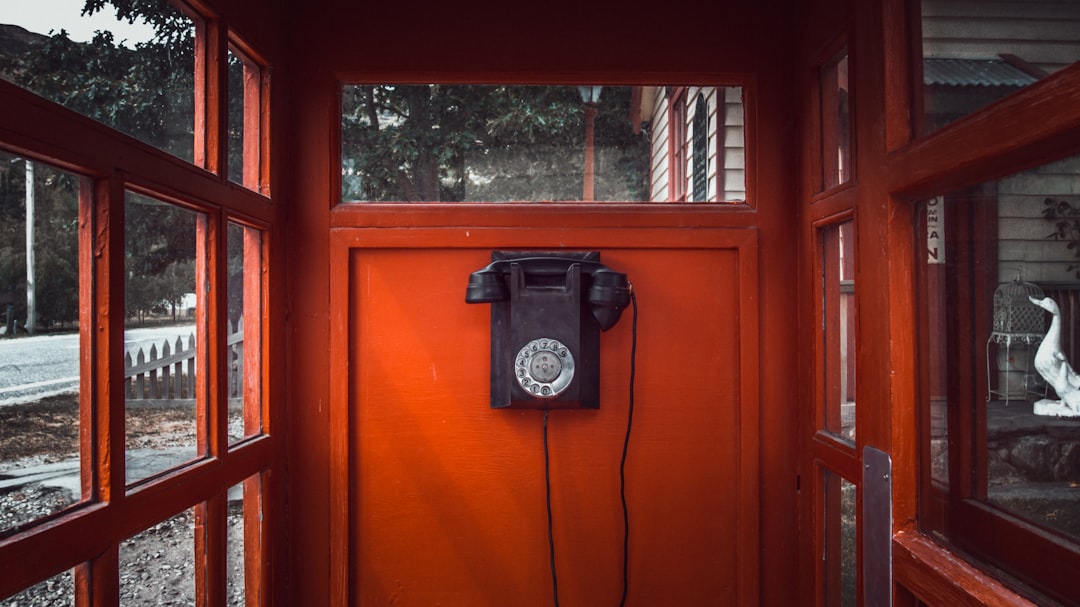To stop spam calls in Mississippi, residents should educate themselves about strict anti-phone promotion laws and reporting mechanisms. Establish user-friendly reporting systems using apps or forums, collect and analyze data to identify patterns and common offenders, share insights with authorities, and foster community action through awareness campaigns to create a safer environment free from nuisance calls.
Tired of relentless spam calls? Learn how to create a robust Spam Call Reporting Network in your Mississippi community. This step-by-step guide covers everything from understanding local laws and regulations to gathering community support, developing effective reporting systems using the best tools and platforms, and sharing insights with authorities. By following these strategies, you can significantly reduce unwanted calls and make your community a safer, quieter place. Discover how to stop spam calls in Mississippi today!
Understand Mississippi's Spam Call Laws and Regulations

Before establishing a Spam Call Reporting Network, it’s crucial to understand Mississippi’s laws and regulations regarding unwanted phone calls. Mississippi has specific provisions against spam calls, which are defined as unsolicited or unwanted telephone communications promoting goods or services. The Mississippi Attorney General’s Office enforces these laws, and violators can face penalties including fines and legal actions.
To stop spam calls effectively, residents should familiarize themselves with their rights and reporting mechanisms available through the state’s consumer protection agencies. This knowledge will empower them to take proactive measures against nuisance calls and contribute to building a robust community network dedicated to curbing spam call activities in Mississippi.
Gather Community Support and Create Awareness Campaigns

To create a robust spam call reporting network in your community in Mississippi, start by fostering collective action and raising awareness about the issue. Engage local leaders, community organizations, and residents to build a united front against spam calls. Organize informational sessions, workshops, or town halls to educate folks on how these calls operate, their potential risks, and available protections. Utilize social media platforms, local newspapers, and community bulletin boards to disseminate information about the network’s purpose and benefits. Encourage everyone to participate by reporting suspicious calls and sharing best practices for minimizing unwanted communication. By mobilizing the community, you can create a strong defense against spam calls, making Mississippi a safer place for residents to enjoy their phone interactions.
Develop a Reporting System: Tools and Platforms

To create an effective Spam Call Reporting Network in your Mississippi community, the first step is to Develop a Reporting System. This system should be user-friendly and easily accessible, enabling residents to report spam calls quickly and efficiently. Several tools and platforms can facilitate this process.
Consider using dedicated call blocking and reporting apps that offer features like automated call identification, blocking, and detailed logging of spam calls. Some popular options include TrueCall, Hiya, and CallShield. These apps often integrate with existing phone systems, making it convenient for users to report and block unwanted calls in real-time. Additionally, leveraging social media platforms or local community forums can serve as an additional channel for residents to share information about spam call trends and specific numbers to watch out for, enhancing collective awareness and defense against these nuisance calls in Mississippi.
Implement Data Analysis and Share Insights with Authorities

Once your community-driven spam call reporting network is up and running, it’s crucial to harness the power of data analysis. By collecting and analyzing reported calls, you can identify patterns, common callers, and areas with elevated spam activity. This information is invaluable for sharing with local authorities and law enforcement agencies. They can use these insights to target specific phone numbers or individuals known for making spam calls, thereby reducing the volume of unwanted calls received by your community members in Mississippi.
Regular updates on spam call trends and hotspots can help authorities allocate resources more efficiently. This collaborative approach not only aids in how to stop spam calls Mississippi but also fosters a safer and more informed community. By sharing data responsibly, you empower law enforcement to take proactive measures against spam callers, enhancing the quality of life for everyone in your state.






